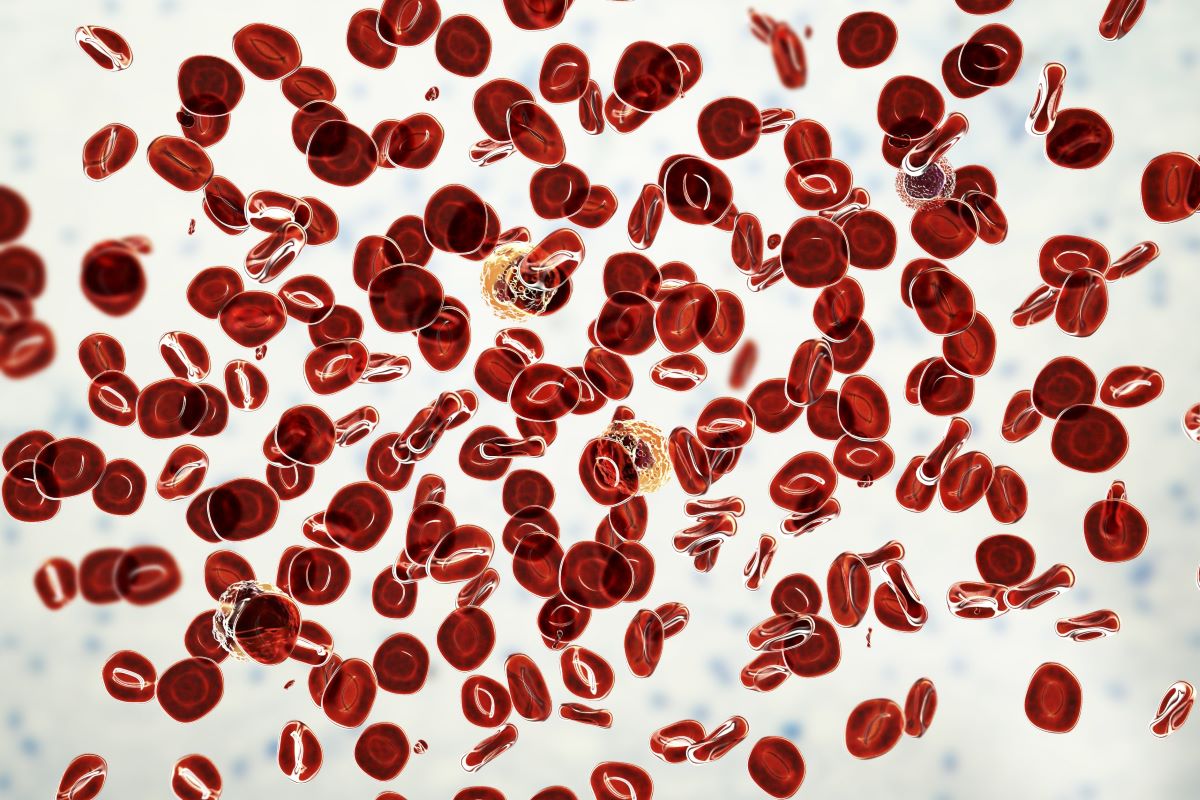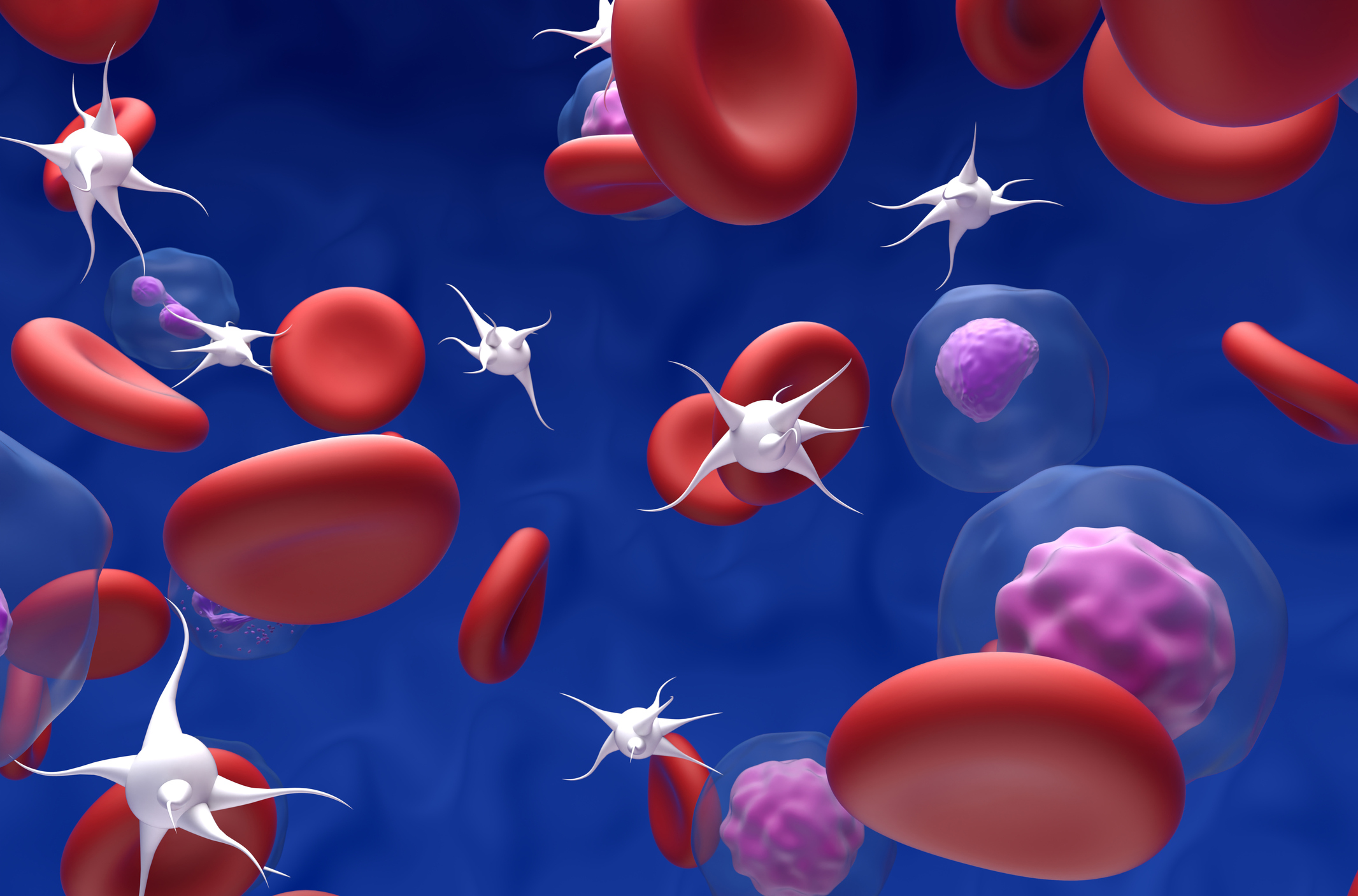
Two-year follow-up data from an open-label extension study of the investigational drug rusfertide in polycythemia vera (PV) affirm long-term hematocrit and erythrocyte control with a good safety profile.
Rusfertide, which was developed by Protagonist Therapeutics, is a novel injectable synthetic mimetic of the natural hormone hepcidin. Results for REVIVE OLE, part 3 of the phase II REVIVE study testing rusfertide on top of standard-of-care PV therapy, were presented at the 65th ASH Annual Meeting and Exposition.
The REVIVE study included 70 participants who had received three or more therapeutic phlebotomies in the 28 weeks prior to trial enrollment, of whom 59 were randomized to receive rusfertide with or without cytoreductive therapies. The open-label phase took place after 41 weeks and had 58 participants, including responders and non-responders. As of mid-2023, 57 had been treated with rusfertide for at least a year, 46 for 1.5 years or more, and 24 for at least two years. While on rusfertide, none needed therapeutic phlebotomies.
“Treatment with rusfertide resulted in the consistent maintenance of hematocrit below 45% and an overall decrease in erythrocyte counts,” reported Ellen Ritchie, MD, of the Leukemia Program at Cornell University, and colleagues.
Furthermore, treatment was well tolerated, as 80% of treatment-related adverse events were grade 1–2 and included injection-site reactions. Twenty percent of adverse events were grade 3, and there were no grade 4–5 events.
The results presented at the American Society of Hematology meeting follow a part 2 REVIVE announcement at the European Hematology Association meeting in June that the study hit its primary endpoint. After 12 weeks of treatment, 26 patients on rusfertide (69.2%) had sustained hematocrit control and no need for phlebotomy, versus 27 (18.5%) on placebo.
The ongoing phase III VERIFY study is testing the drug in 250 patients, with enrollment due to complete in the first quarter of 2024.
References
Kremyanskaya M. The efficacy and safety demonstrated by rusfertide (PTG-300) in the phase 2 REVIVE trial. Abstract #LB2710. Presented at the European Hematology Association Congress; June 8-11, 2023; Frankfurt, Germany.
Ritchie EK, Pettit KM, Kuykendall AT, et al. Durability of hematocrit control in polycythemia vera with the first-in-class hepcidin mimetic rusfertide: two-year follow up results from the REVIVE study. Abstract #745. Presented at the 65th ASH Annual Meeting and Exposition; December 9-12; San Diego, California.






 © 2025 Mashup Media, LLC, a Formedics Property. All Rights Reserved.
© 2025 Mashup Media, LLC, a Formedics Property. All Rights Reserved.